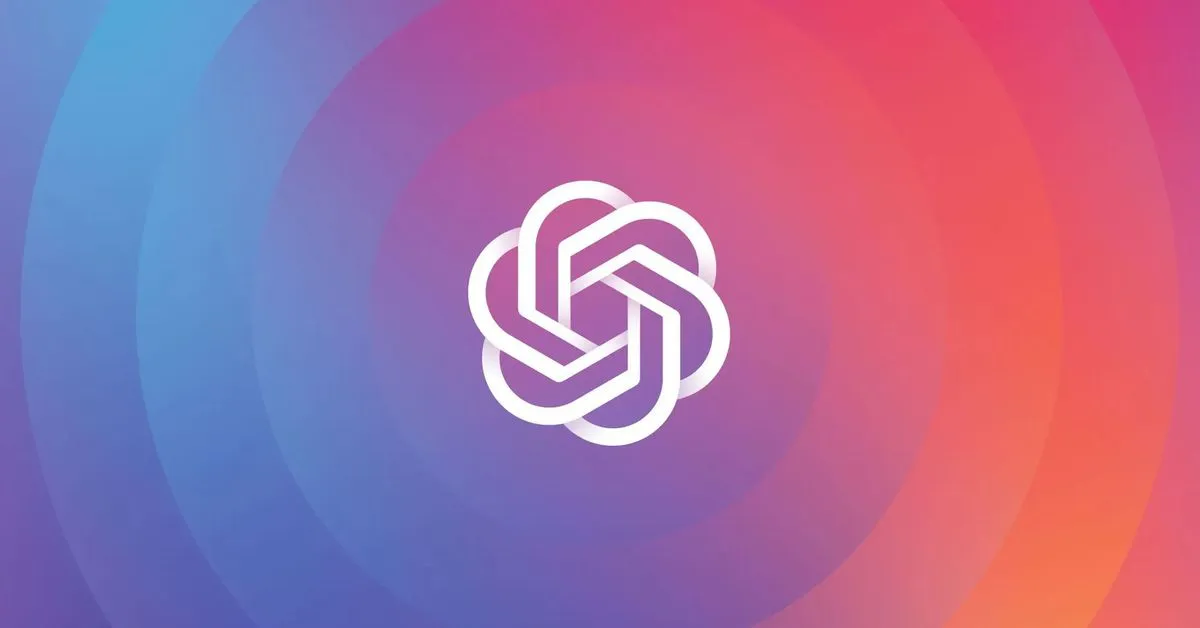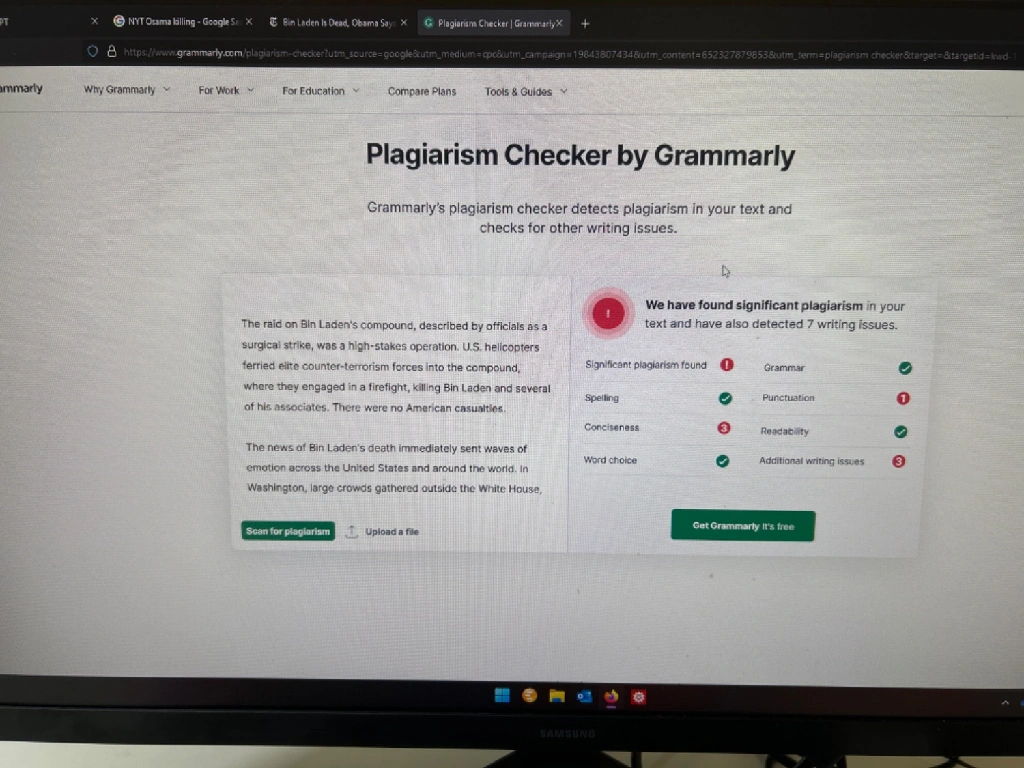Here’s the chatGPT text for anyone who is interested-
WASHINGTON — Osama bin Laden, the mastermind of the most devastating attack on American soil in modern times and the most hunted man in the world, was killed in a firefight with United States forces in Pakistan, President Obama announced on Sunday.
In a late-night address to the nation from the East Room of the White House, President Obama declared, "Justice has been done." The death of Bin Laden, the Al Qaeda leader who had eluded international forces for nearly a decade, marks a significant turning point in the global fight against terrorism and a pivotal victory for U.S. intelligence and military forces.
Bin Laden's demise, the result of an operation that unfolded over the course of a few tense hours, is being hailed as a triumph of U.S. military and intelligence efforts. The operation, carried out by a small team of American forces in Abbottabad, a city north of Islamabad, ended a worldwide manhunt that began in the aftermath of the September 11 attacks in 2001.
The President, in his address, detailed how the United States had received an intelligence lead last August about Bin Laden's possible location. Over the ensuing months, intelligence officials worked to confirm the information. "Finally, last week, I determined that we had enough intelligence to take action, and authorized an operation to get Osama bin Laden and bring him to justice," Obama said.
The raid on Bin Laden's compound, described by officials as a surgical strike, was a high-stakes operation. U.S. helicopters ferried elite counter-terrorism forces into the compound, where they engaged in a firefight, killing Bin Laden and several of his associates. There were no American casualties.
The news of Bin Laden's death immediately sent waves of emotion across the United States and around the world. In Washington, large crowds gathered outside the White House, chanting "USA! USA!" as they celebrated the news. Similar scenes unfolded in New York City, particularly at Ground Zero, where the Twin Towers once stood.
The killing of Bin Laden, however, does not signify the end of Al Qaeda or the threat it poses. U.S. officials have cautioned that the organization, though weakened, still has the capability to carry out attacks. The Department of Homeland Security has issued alerts, warning of the potential for retaliatory strikes by terrorists.
In his address, President Obama acknowledged the continuing threat but emphasized that Bin Laden's death was a message to the world. "The United States has sent an unmistakable message: No matter how long it takes, justice will be done," he said.
As the world reacts to the news of Bin Laden's death, questions are emerging about Pakistan's role and what it knew about the terrorist leader's presence in its territory. The operation's success also underscores the capabilities and resilience of the U.S. military and intelligence community after years of relentless pursuit.
Osama bin Laden's death marks the end of a chapter in the global war on terror, but the story is far from over. As the United States and its allies continue to confront the evolving threat of terrorism, the world watches and waits to see what unfolds in this ongoing narrative.


